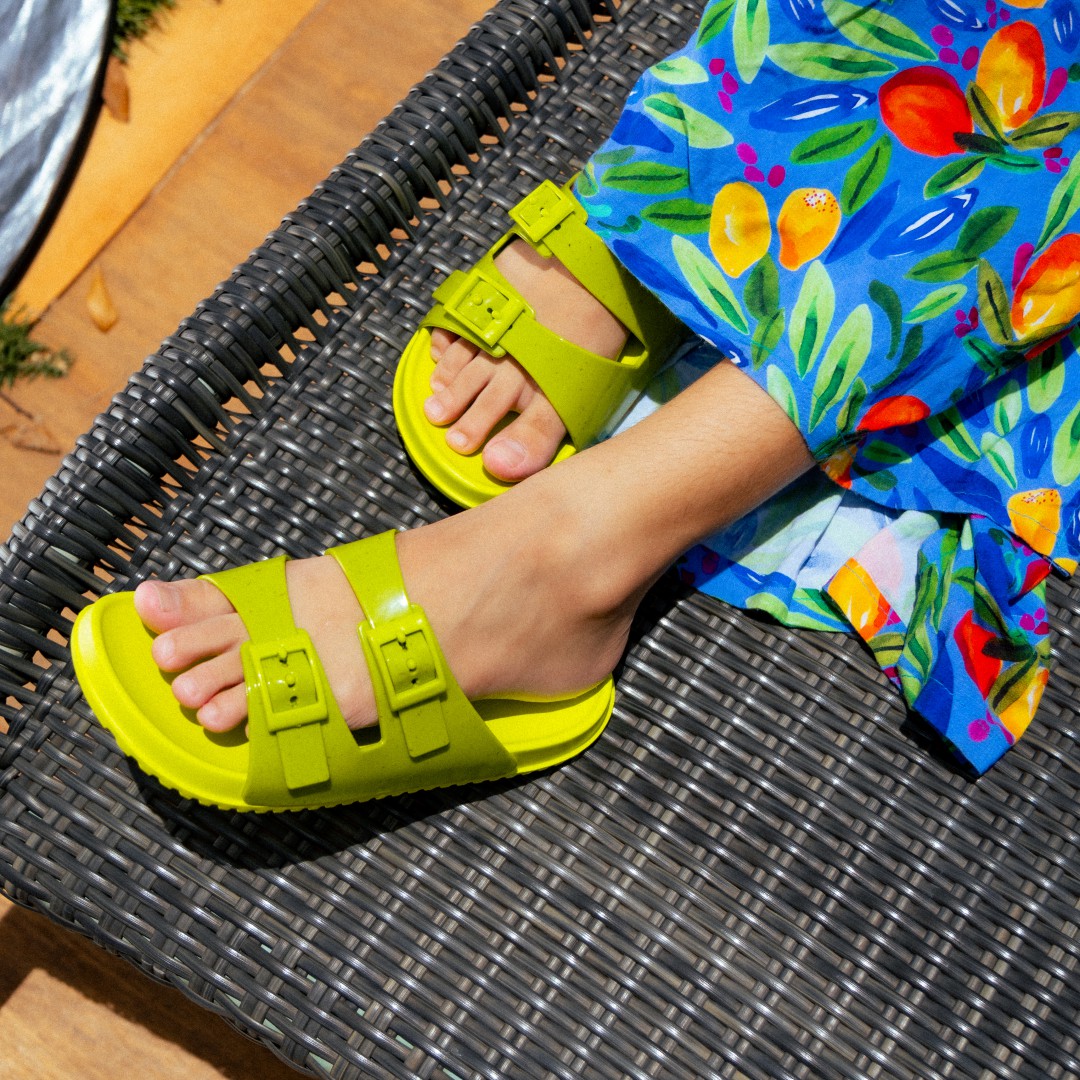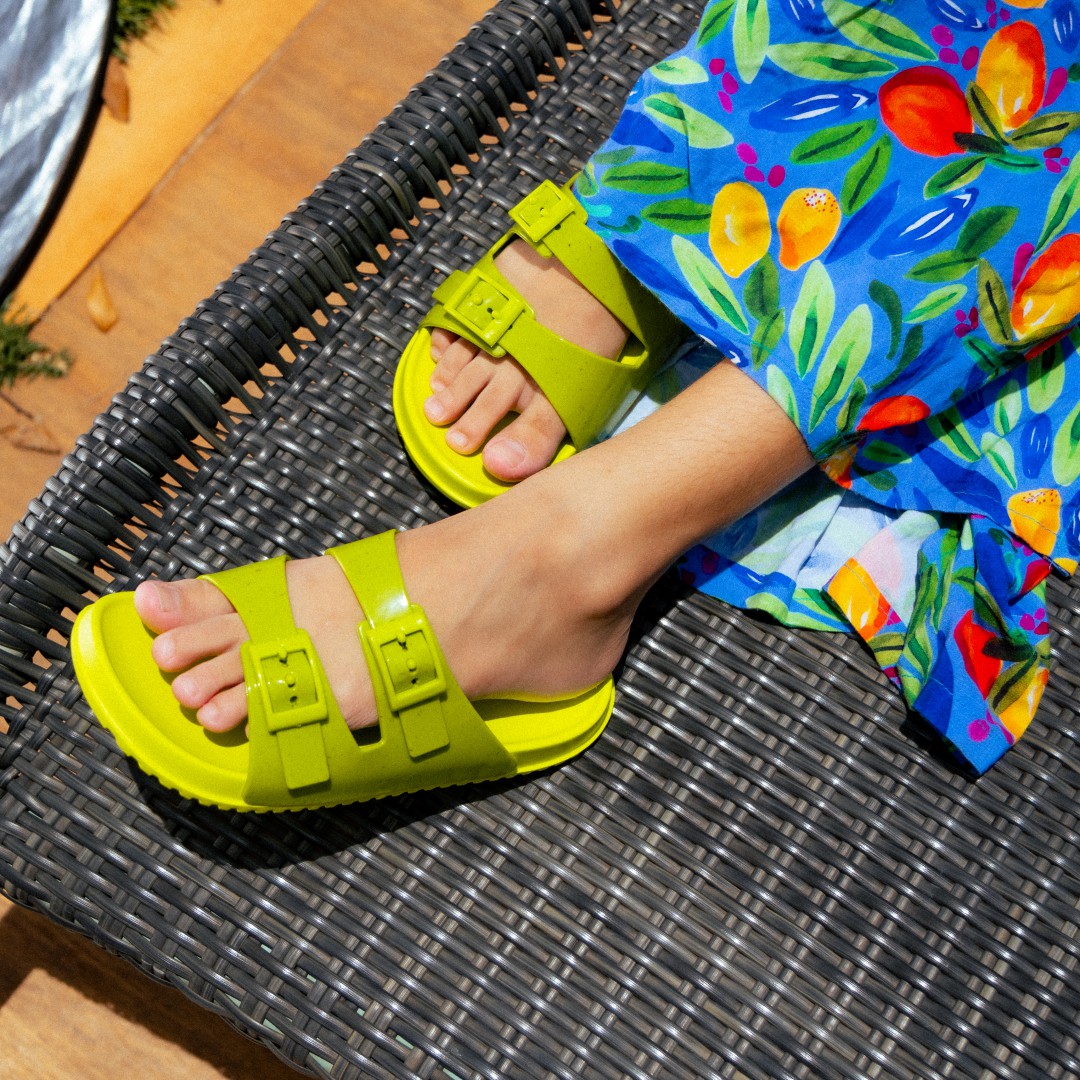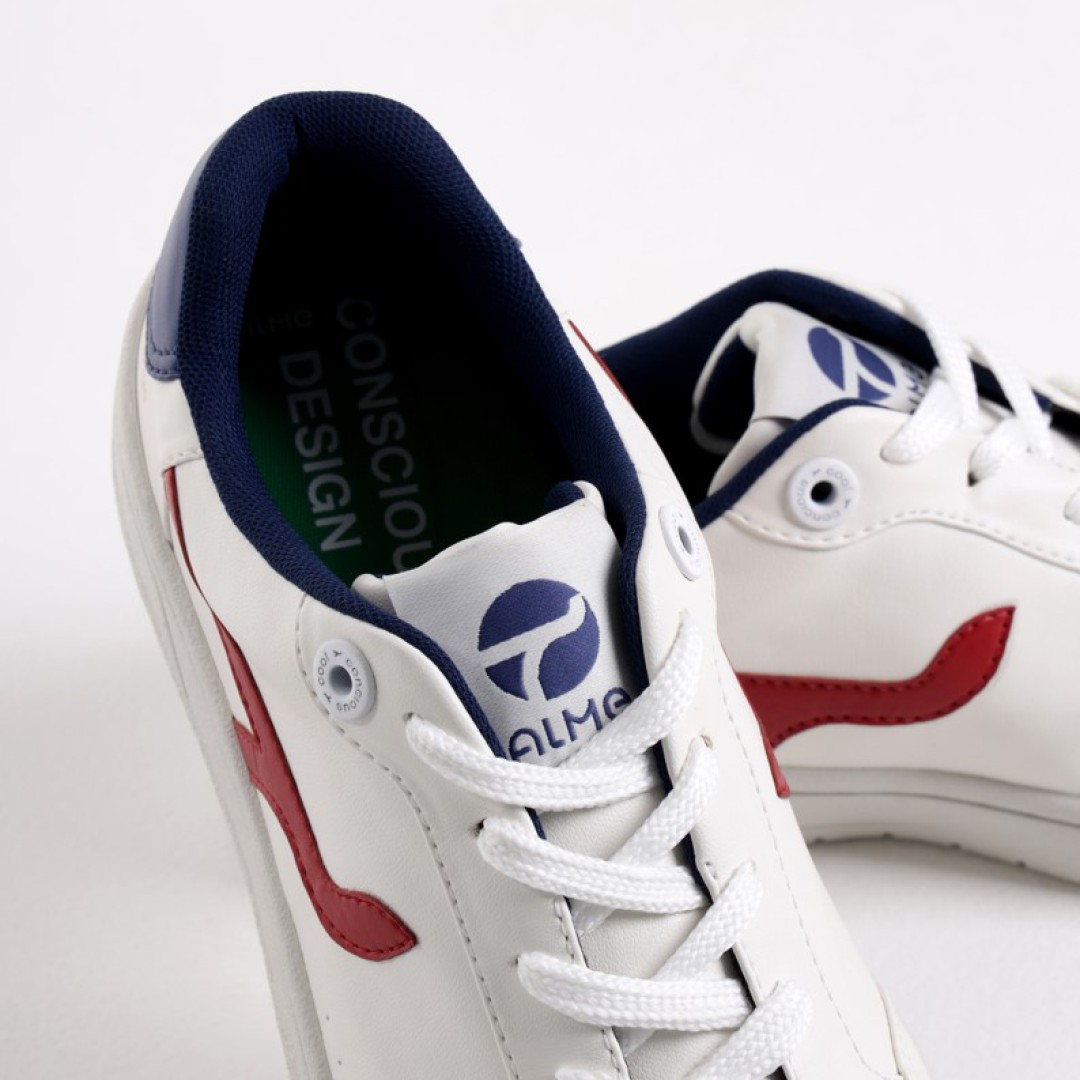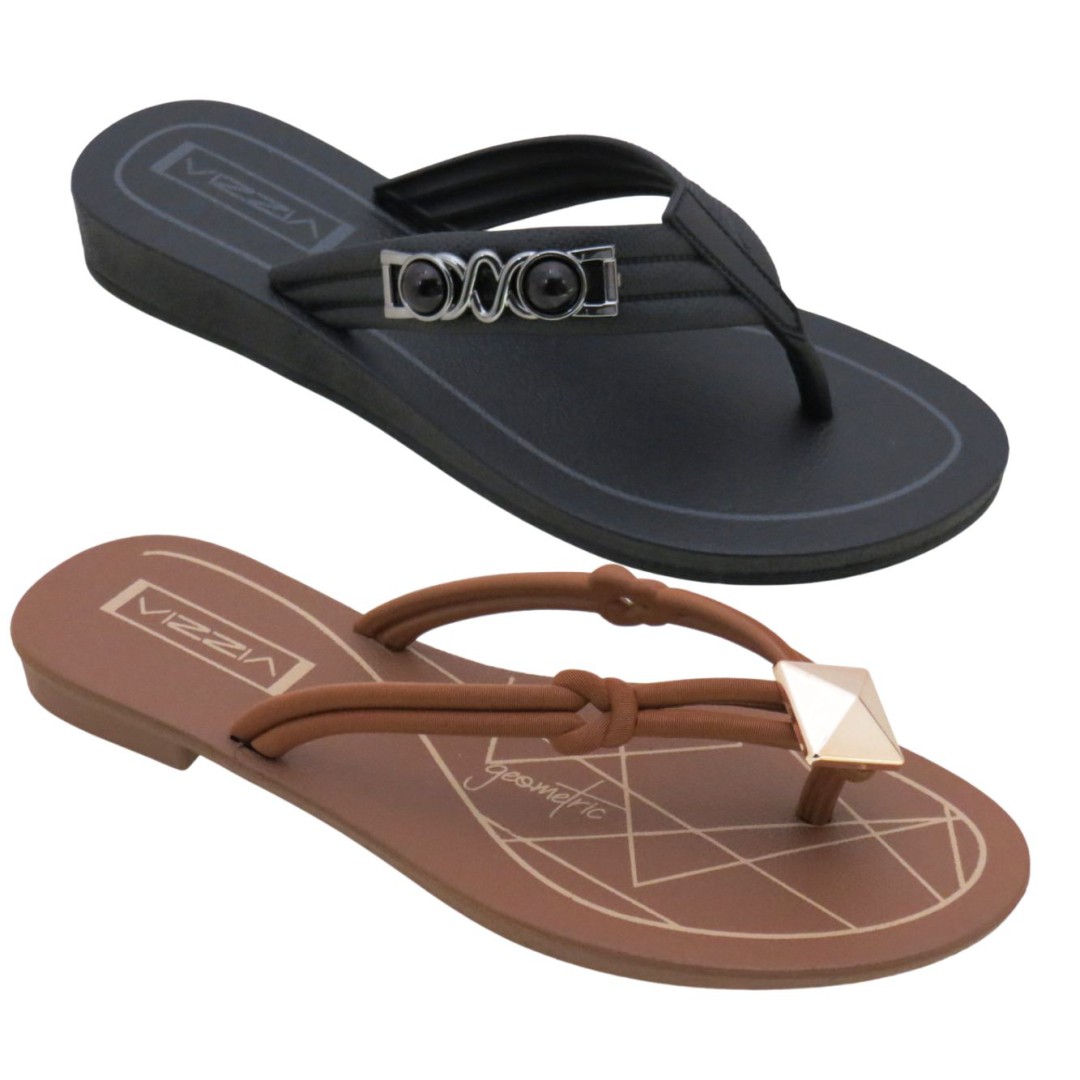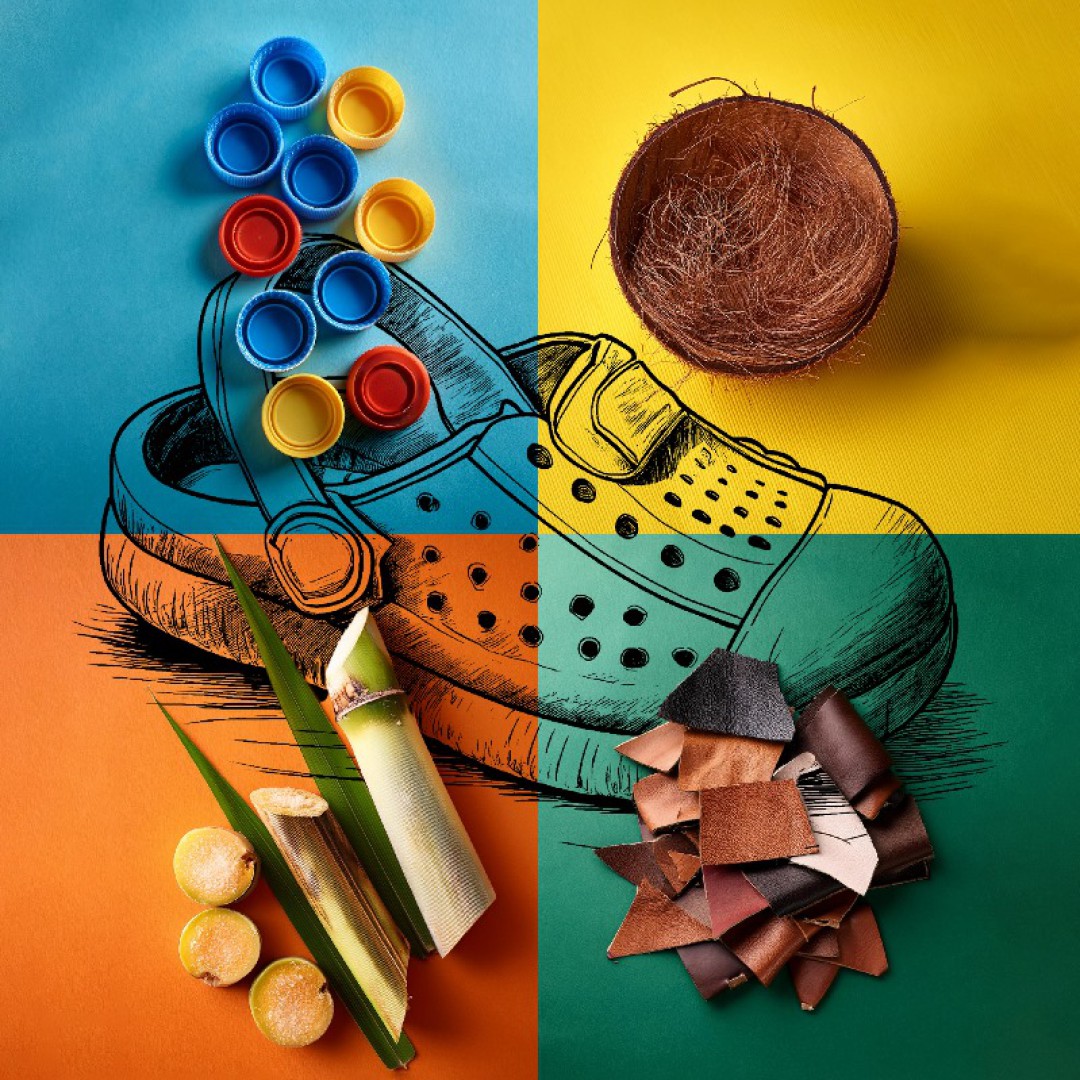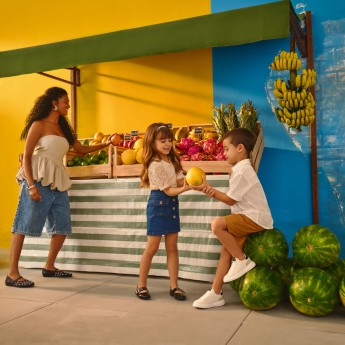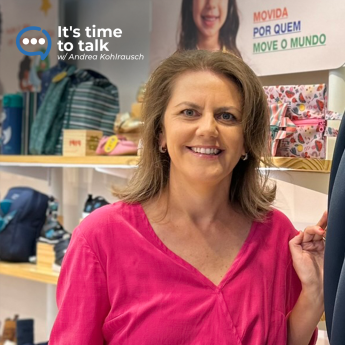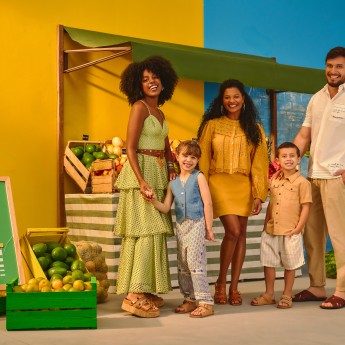Footwear Industry Moves On Using Alternative Materials
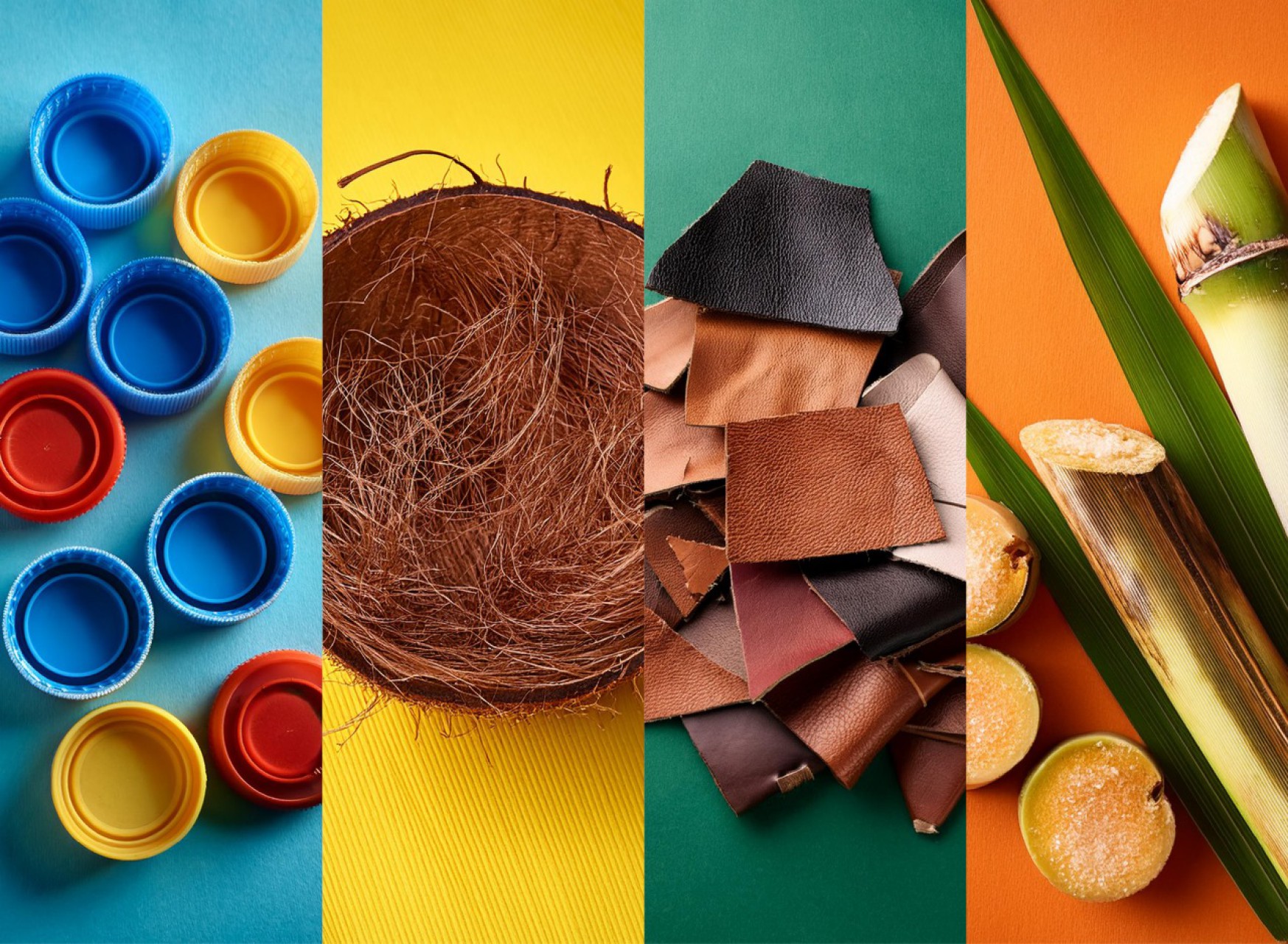
2024-09-30 | By Brazilian Footwear
Recognized as the largest footwear industry in the Western world, Brazil produces over 865 million pairs annually. For 2024, Abicalçados estimates a production growth of between 0.9% and 2.2%, driven primarily by the domestic market. Within this growth context, the use of so-called alternative materials in footwear development is also on the rise. These include both recycled and repurposed materials as well as biomaterials—inputs derived from nature that are biodegradable.
Abicalçados' Executive President, Haroldo Ferreira, highlights that currently, six out of ten footwear producers have at least one line of sustainable products. "Although scaling up remains a challenge, which often makes products developed with alternative materials more costly for consumers, there is a societal shift that cannot be ignored. This will soon make these products scalable and more competitive," projects Ferreira.
